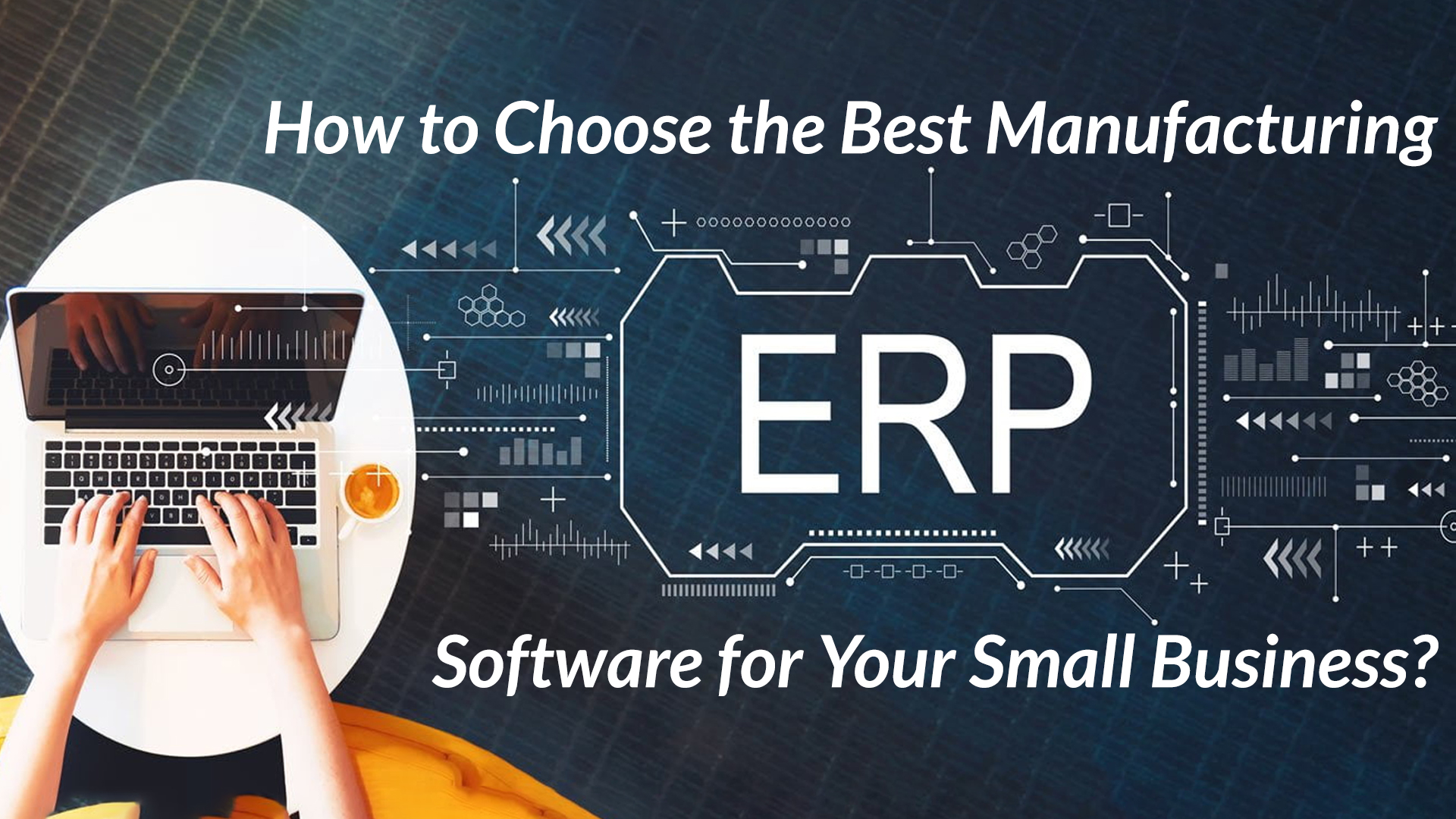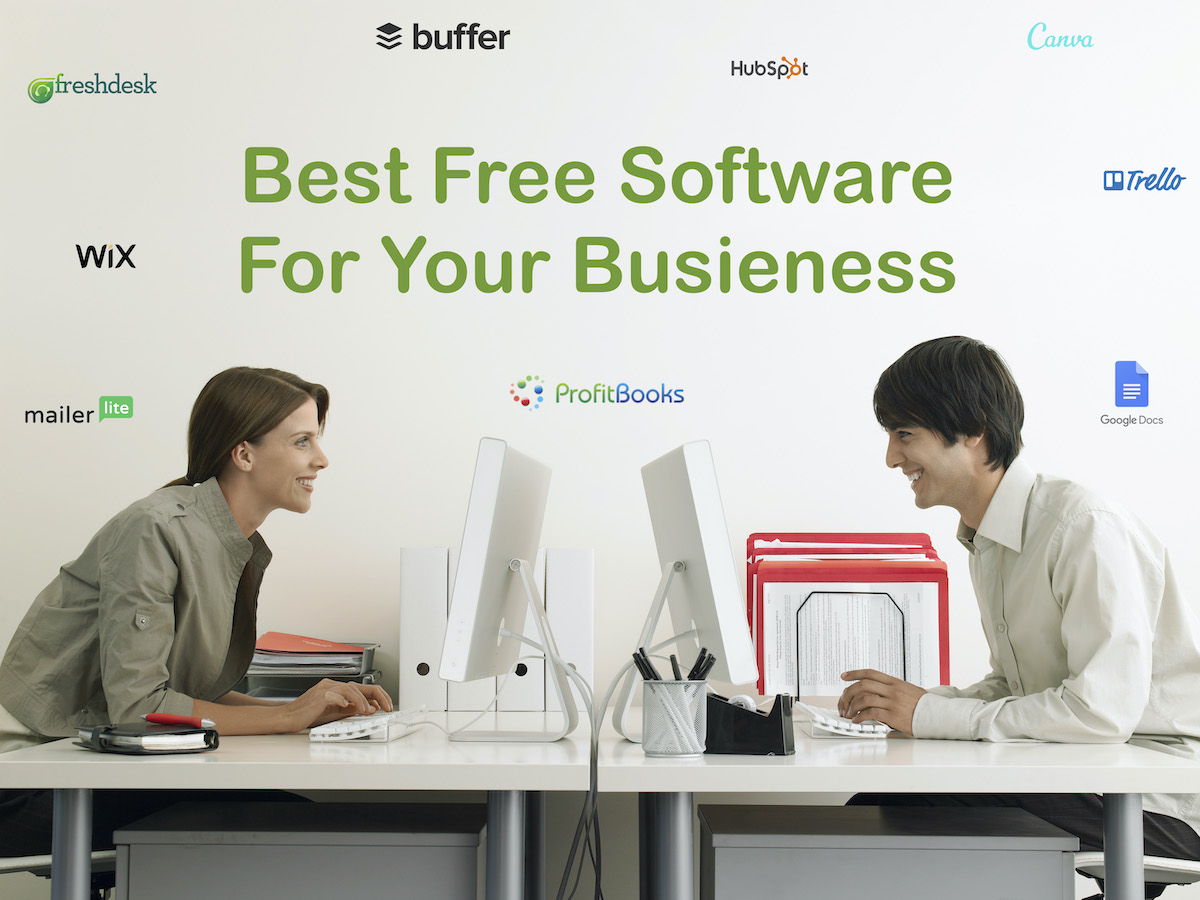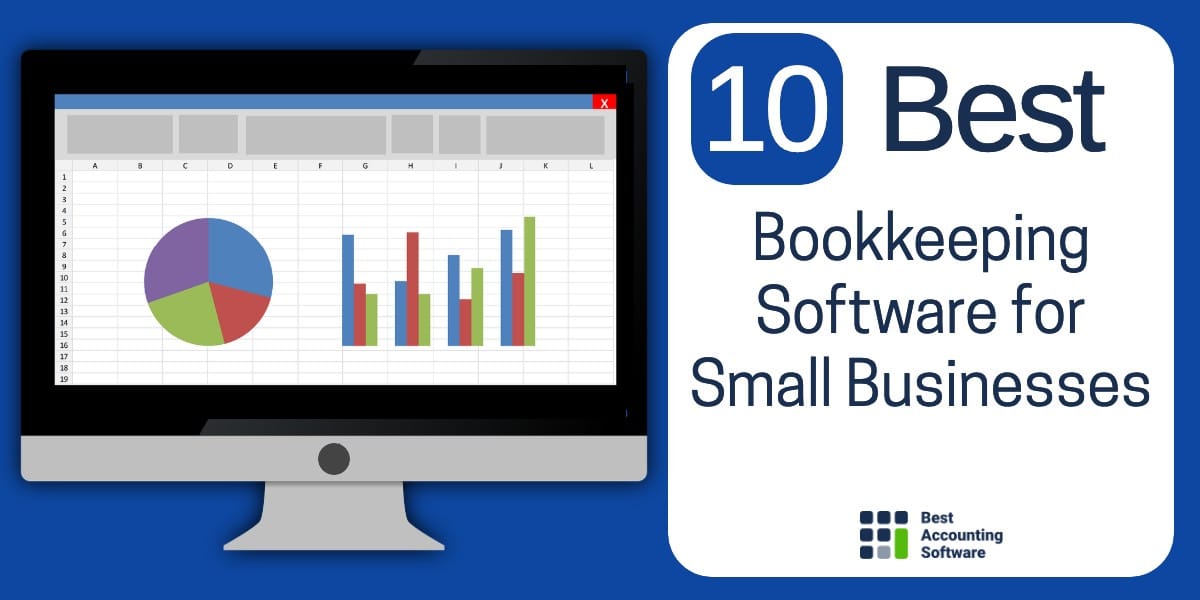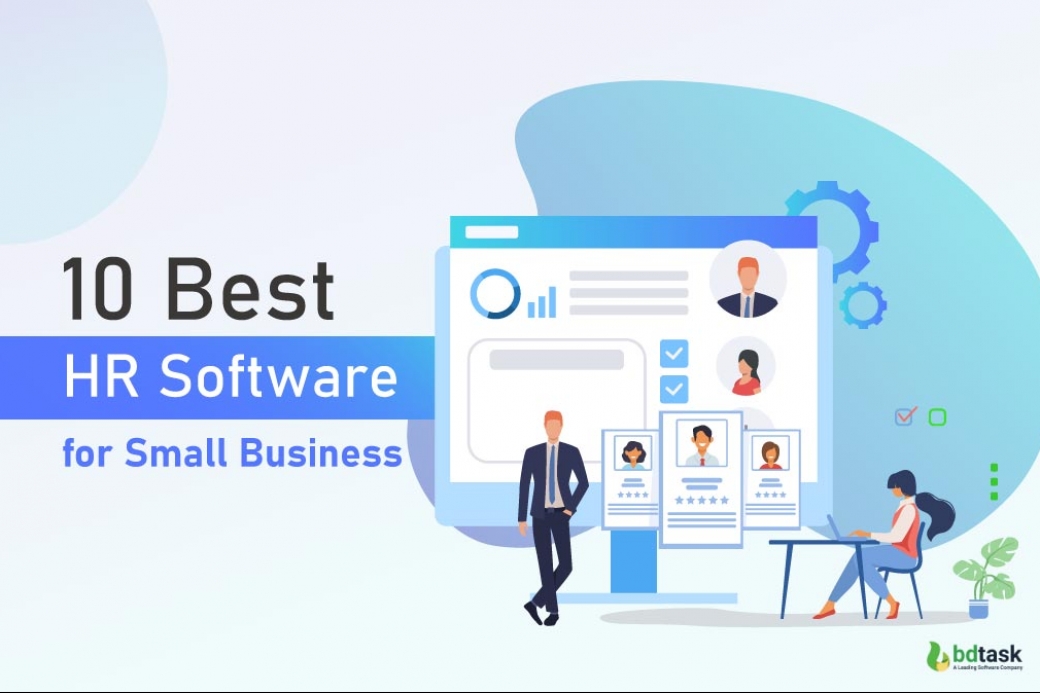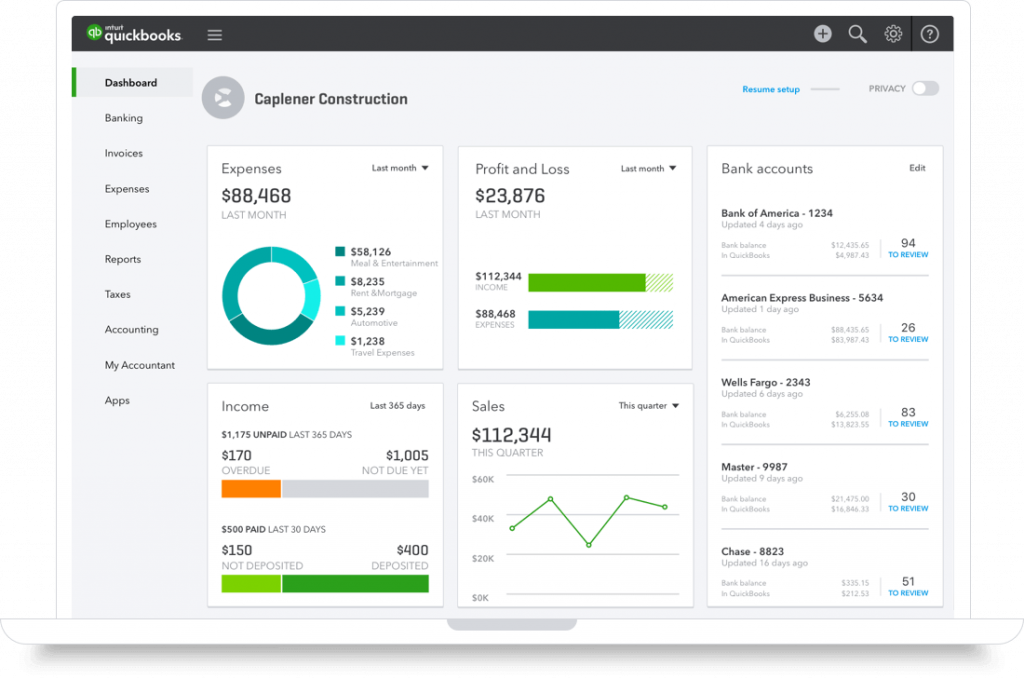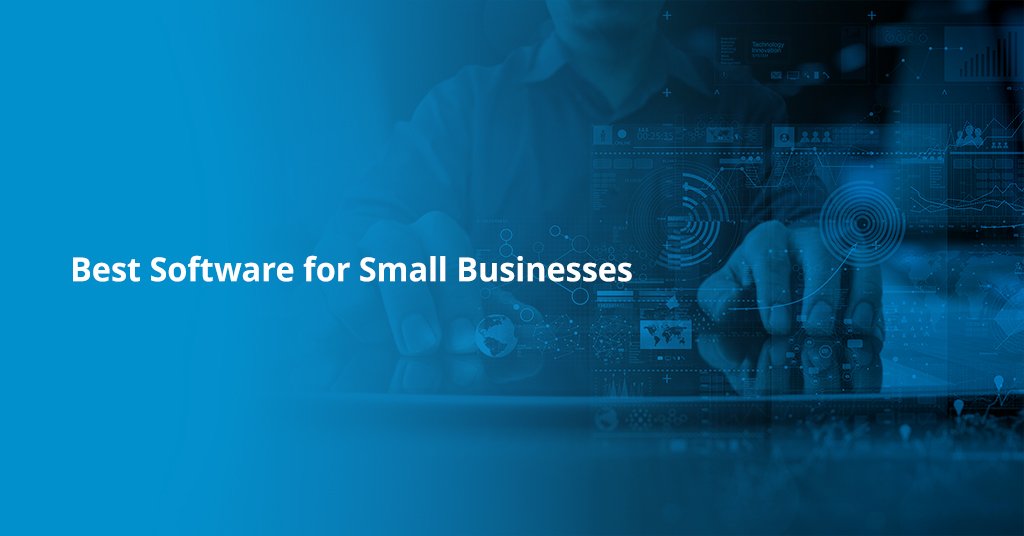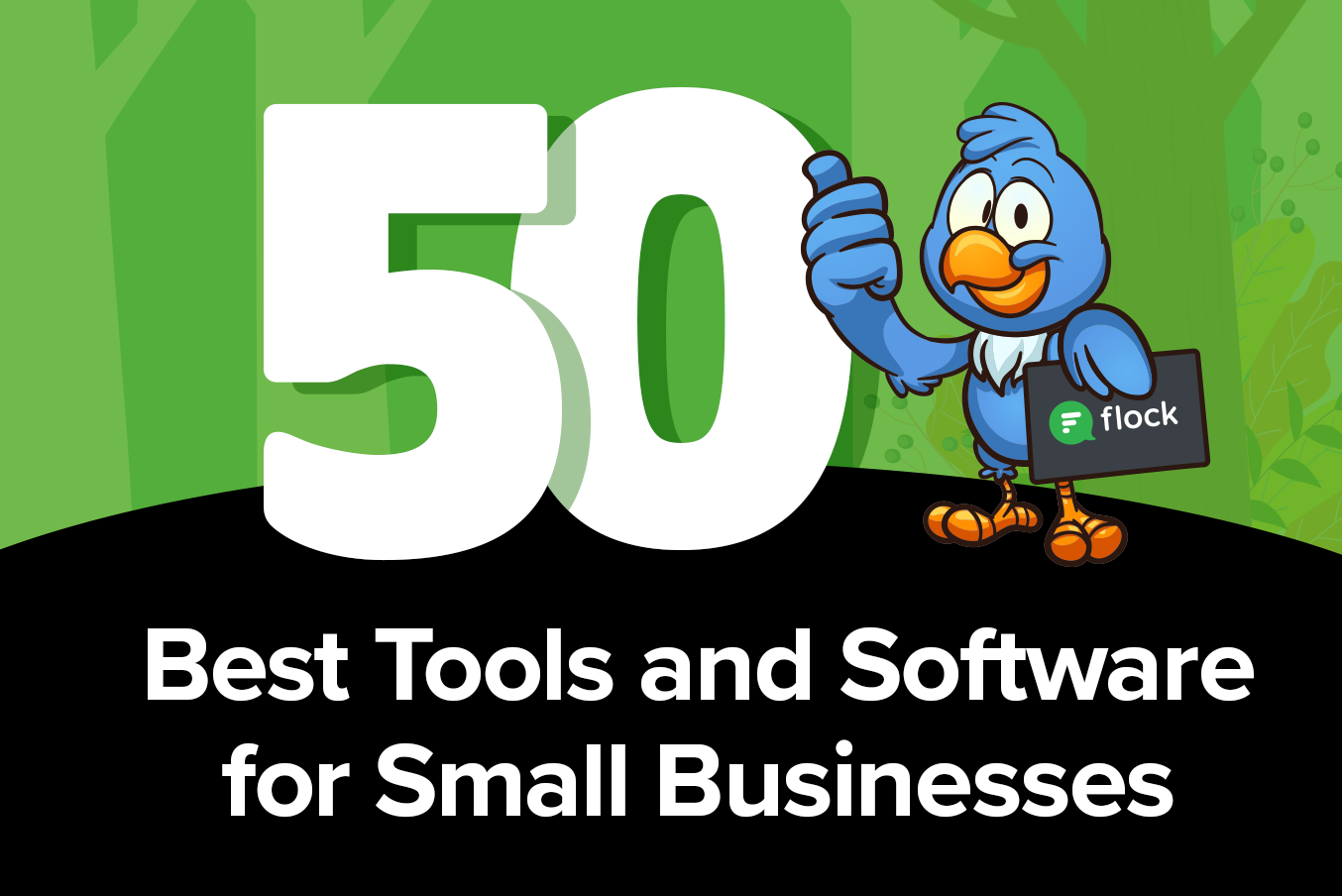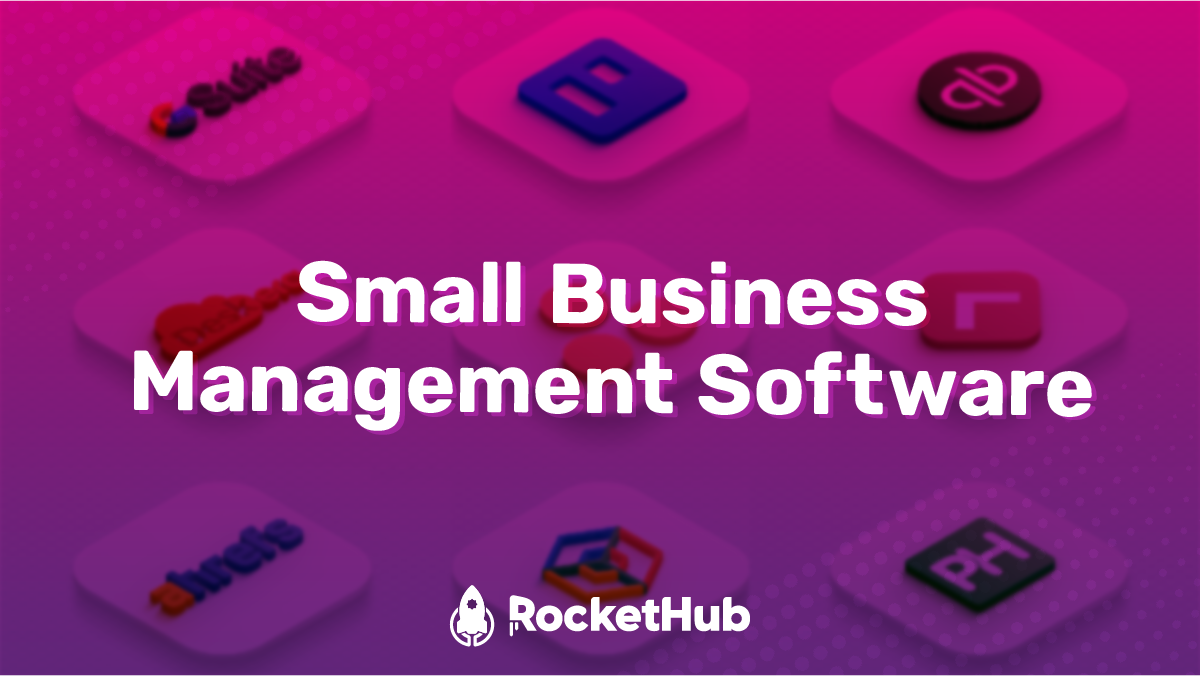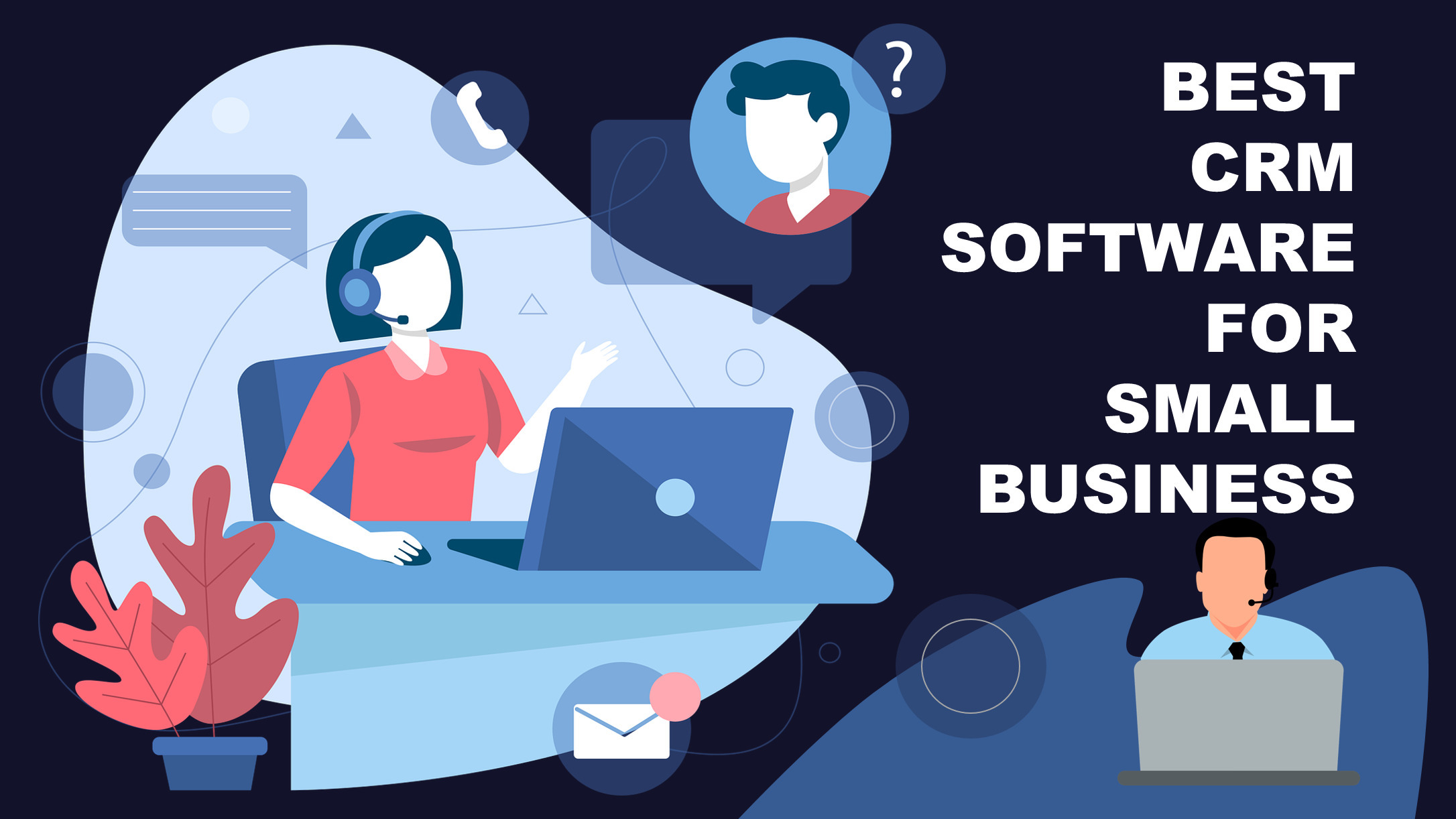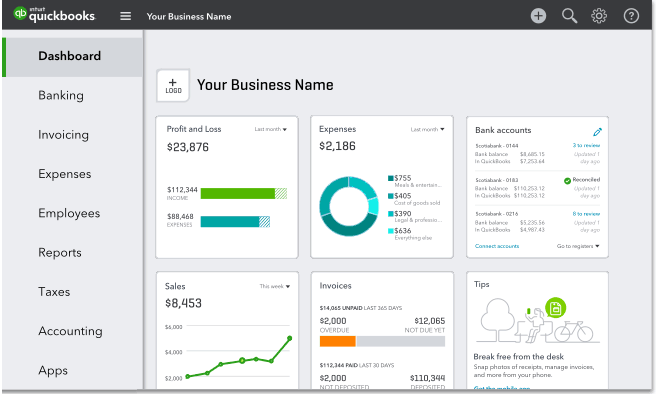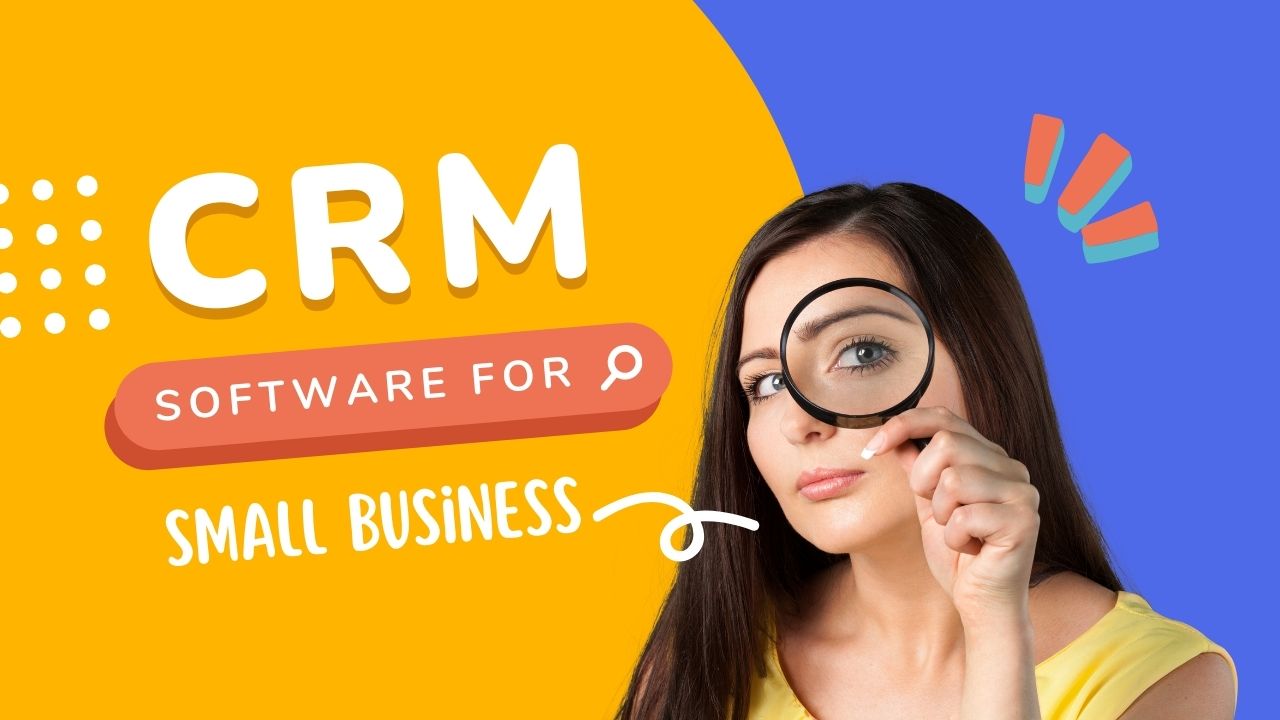Best Software Small Businesses

In today's competitive landscape, small businesses need every advantage they can get. The right software can be a game-changer, streamlining operations, boosting productivity, and ultimately, improving the bottom line.
This review is for value-conscious shoppers. We understand you're looking for the best tools without breaking the bank, and we're here to help you navigate the often-overwhelming world of software solutions.
Why the Right Software Matters for Small Businesses
For small businesses, efficient software is more than just a nice-to-have; it's a necessity. It can automate repetitive tasks, centralize data, and improve communication, freeing up valuable time and resources.
Investing in the right software is an investment in your business's future. It allows you to scale efficiently, adapt to changing market conditions, and ultimately, compete more effectively.
Our Shortlist of Top Software for Small Businesses
For Budget-Conscious Startups:
- Zoho CRM: A comprehensive CRM solution with a free plan and affordable paid tiers.
- Wave Accounting: Free accounting software designed for freelancers and very small businesses.
- Trello: A free and simple project management tool for task organization and collaboration.
For Growing Businesses Needing Scalability:
- HubSpot CRM: A powerful CRM platform with marketing automation and sales tools.
- QuickBooks Online: A robust accounting solution that integrates with various business apps.
- Asana: A project management tool with advanced features for complex projects.
For E-commerce Businesses:
- Shopify: A comprehensive e-commerce platform for building and managing online stores.
- Mailchimp: An email marketing platform for engaging with customers and driving sales.
- ShipStation: A shipping and fulfillment solution for streamlining order processing.
Detailed Reviews
Zoho CRM
Zoho CRM is a fantastic option for small businesses looking for a full-featured CRM without a hefty price tag. Its free plan is surprisingly comprehensive, offering contact management, lead tracking, and basic reporting.
As your business grows, you can easily upgrade to a paid plan for advanced features like sales automation and custom dashboards. The user interface is intuitive, making it easy for your team to adopt and use effectively.
Wave Accounting
For freelancers and very small businesses, Wave Accounting is a lifesaver. It's completely free and offers essential accounting features like invoicing, expense tracking, and bank reconciliation.
While it lacks some of the advanced features of paid accounting software, it's perfect for businesses with simple accounting needs. The user-friendly interface makes it easy to manage your finances, even without accounting experience.
Trello
Trello is a simple yet powerful project management tool that's perfect for teams of all sizes. Its Kanban-style boards make it easy to visualize tasks, track progress, and collaborate effectively.
The free plan is surprisingly generous, offering unlimited boards, lists, and cards. While paid plans offer advanced features like custom backgrounds and priority support, the free version is often sufficient for many small businesses.
HubSpot CRM
HubSpot CRM is a powerful platform designed for growing businesses. Its free version provides a solid foundation with contact management, deal tracking, and basic marketing tools.
The real strength of HubSpot lies in its integration with its marketing and sales hubs. As your business grows, you can add these hubs to unlock advanced features like marketing automation, email marketing, and sales analytics.
QuickBooks Online
QuickBooks Online is a leading accounting solution that's trusted by businesses of all sizes. It offers a comprehensive suite of features, including invoicing, expense tracking, payroll management, and reporting.
QuickBooks Online integrates seamlessly with a wide range of business apps. It allows you to streamline your financial processes and gain valuable insights into your business performance.
Asana
Asana is a project management tool that's designed for complex projects. It allows you to break down projects into smaller tasks, assign responsibilities, and track progress in real-time.
Asana offers advanced features like dependencies, timelines, and custom fields. These features help you manage complex projects efficiently and ensure that everyone is on the same page.
Shopify
Shopify is a leading e-commerce platform. It's an excellent choice for businesses looking to build and manage an online store.
Shopify offers a wide range of features, including website design, product management, payment processing, and shipping integration. Its user-friendly interface and extensive app store make it easy to create a successful online store.
Mailchimp
Mailchimp is a popular email marketing platform. It helps you engage with customers and drive sales through email campaigns and automated workflows.
Mailchimp offers a variety of features, including email design templates, segmentation tools, and A/B testing. It helps you create effective email campaigns that reach the right people at the right time.
ShipStation
ShipStation is a shipping and fulfillment solution that streamlines order processing. It automates shipping tasks, integrates with major carriers, and provides real-time tracking information.
ShipStation helps you save time and money on shipping. It makes it easier to manage your orders and fulfill them quickly and efficiently.
Side-by-Side Specs Table
| Software | Pricing | Key Features | Performance Score (Out of 5) |
|---|---|---|---|
| Zoho CRM | Free - $52/user/month | Contact Management, Lead Tracking, Sales Automation | 4.0 |
| Wave Accounting | Free | Invoicing, Expense Tracking, Bank Reconciliation | 3.5 |
| Trello | Free - $17.50/user/month | Kanban Boards, Task Management, Collaboration | 4.5 |
| HubSpot CRM | Free - $1,300/month (bundles) | Contact Management, Deal Tracking, Marketing Automation | 4.8 |
| QuickBooks Online | $30 - $200/month | Invoicing, Expense Tracking, Payroll Management | 4.7 |
| Asana | Free - $24.99/user/month | Project Management, Task Dependencies, Timelines | 4.6 |
| Shopify | $29 - $299/month | E-commerce, Website Design, Payment Processing | 4.5 |
| Mailchimp | Free - $350/month | Email Marketing, Automation, Segmentation | 4.2 |
| ShipStation | $9.99 - $199.99/month | Shipping, Fulfillment, Order Management | 4.3 |
Practical Considerations
Before making a decision, consider your specific business needs and budget. Evaluate the features you need and choose software that aligns with your goals.
Don't forget to factor in the learning curve and implementation time. Opt for software that's easy to use and that your team can adopt quickly.
Integration capabilities are also crucial. Choose software that integrates seamlessly with your existing tools and systems.
Key Takeaways
Choosing the right software is critical for small business success. Consider your budget, specific needs, and long-term goals.
Each software solution offers a unique set of features and benefits. Thoroughly evaluate each option before making a decision.
Remember to consider the learning curve and integration capabilities. This helps ensure a smooth implementation process.
Ready to Transform Your Business?
Start exploring the software solutions mentioned in this article. Take advantage of free trials and demos to see which tools are the best fit for your business. Invest in the right software today and unlock your business's full potential.
Frequently Asked Questions (FAQ)
What is the most important factor to consider when choosing software for my small business?
The most important factor is how well the software aligns with your specific business needs and goals. Consider the features you need, your budget, and the ease of use of the software.
Can I use free software for my small business?
Yes, many free software options are available that can be a great starting point for small businesses. However, be aware of the limitations of free software and consider upgrading to a paid plan as your business grows.
How important is it to integrate software with my existing systems?
Integration is crucial for streamlining your workflows and avoiding data silos. Choose software that integrates seamlessly with your existing systems to maximize efficiency and productivity.
What is CRM software?
CRM (Customer Relationship Management) software helps you manage your interactions with customers and prospects. It can help you track leads, manage sales, and improve customer service.
What is accounting software?
Accounting software helps you manage your finances. It tracks income, expenses, and generates financial reports, providing valuable insights into your business's financial performance.
